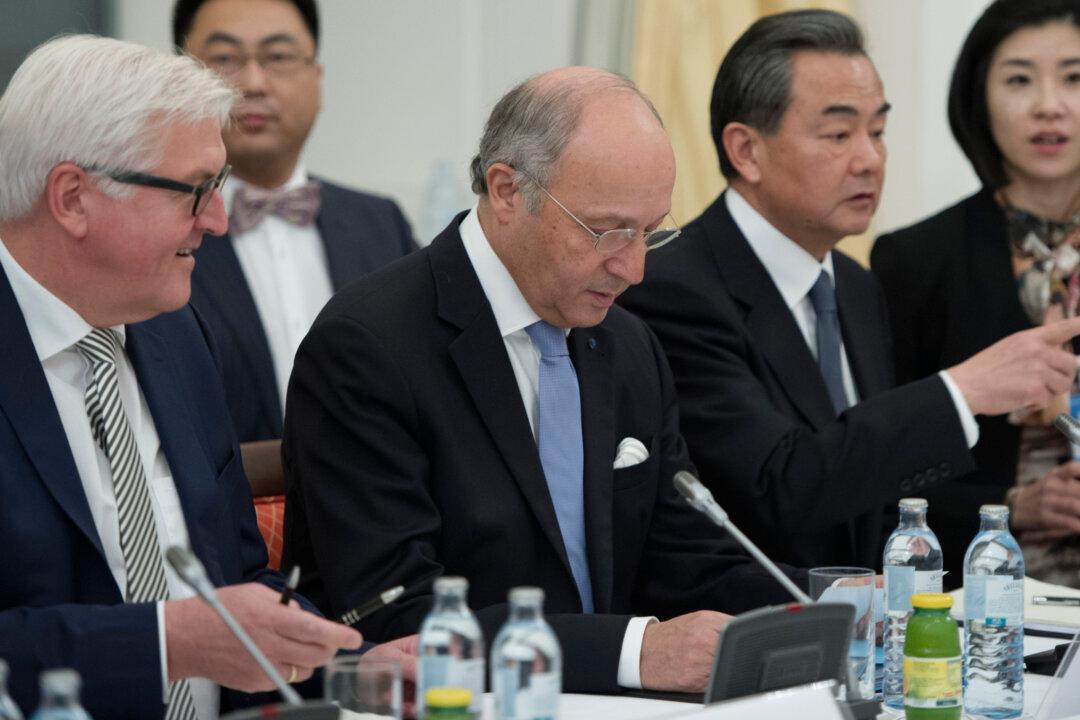VIENNA—Seeking to stem the flow of Mideast migrants, Austria’s foreign minister on Thursday floated elements of a five-point plan that foresees establishing safe havens in the region where those seeking asylum in the EU could be processed and — if they qualify — be given safe passage to Europe.
Foreign Minister Sebastian Kurz spoke on the sidelines of a Western Balkans conference that is primarily focused on ways of getting a grip on the migrant influx that threatens to overwhelm some countries while leaving others relatively unaffected.





